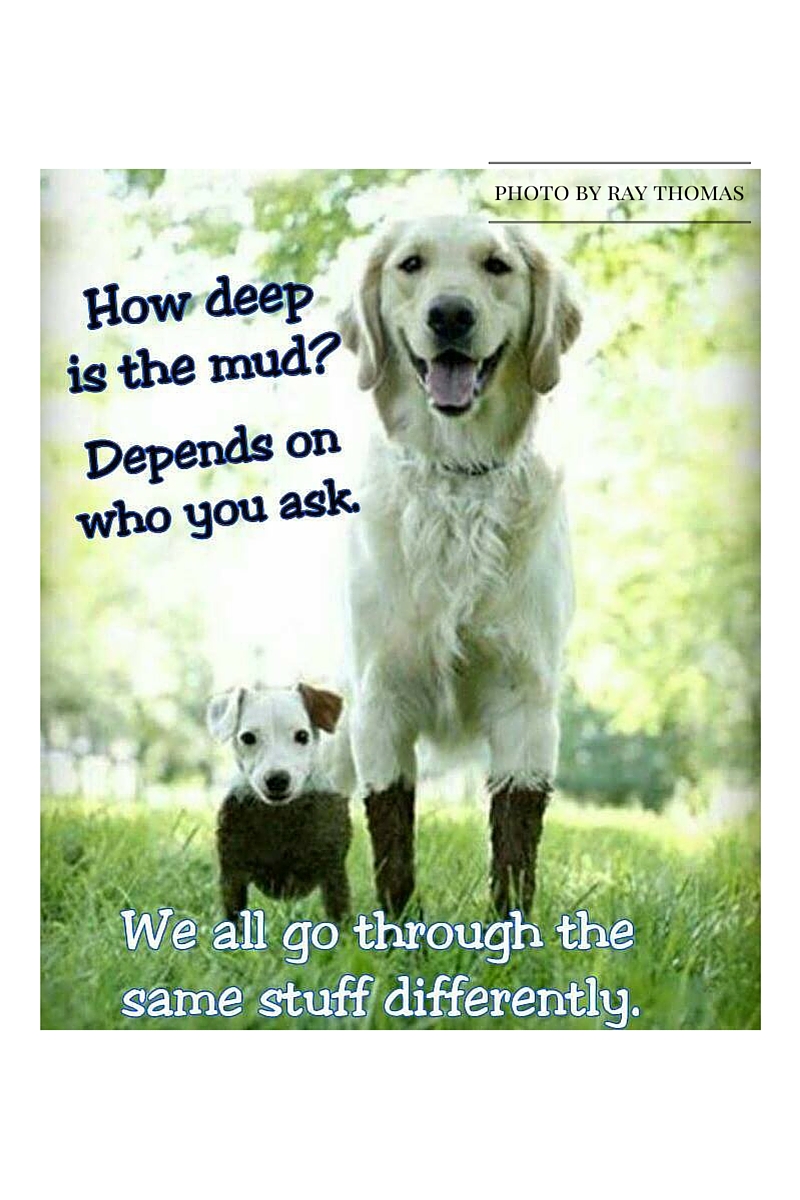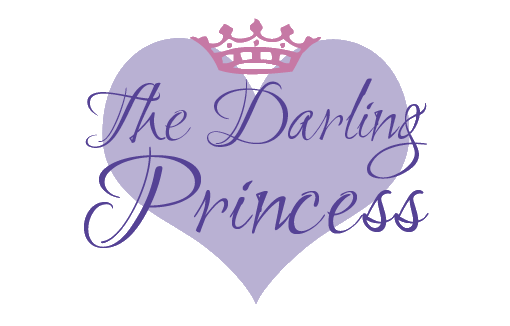
Relationship Responsibility
I have come to grips with my relationship with knives. If that sounds strange to you, then you probably didn’t grow up with the threat of violence using blades. Certain knives threw me into a panic. Others offered relief by their utility. I have decided that relationship responsibility extends to my relationship to things in my environment.
Relationships Vary
I didn’t understand my relationship with knives for a long time. As a young child, I blocked out the memories of being threatened and abused. I did not block the memory of the time I gave everyone on the highway the bird while riding in the bed of the pick-up truck. I had just learned that I could get a big reaction from people if I stuck my middle finger up at them. My stepfather decided to teach me a lesson. He put my middle finger up on a chopping block, gave me a stern lecture about not doing that and proceeded to raise a butcher knife up as if he would chop it off. I closed my eyes and that knife came down very hard on the block, but not my finger. Whew!
Another time, I picked up a kitchen knife at the request of my mom. I thought I was alone in the room, so I pretended that I was stabbing myself in the heart. He was sitting in the corner and asked me why I would do that. I had no idea. It was probably the scene in a play or something.
Experience Affects Relationships
Oh, and the time my father disciplined me by swinging a sickle around my neck and pinning me to the barn wall. I guess I’d said something I shouldn’t have. I actually do not remember it for myself. My sister told me about it.
We need knives. Especially, if you’re a mom or homemaker. Preparing food often requires a knife.
When my husband and I got married, we both brought knives into the relationship. I was used to mine. I could handle them just fine. He brought one knife that really bothered me. I didn’t use it and if it were on the counter, I might cover it or put it in the sink. It was generally buried beneath other knives in the draw.
I figured it out after a few years. I remembered a time when some kids were teasing me about my irrational fear of knives. One boy waved it around me as I squealed and hid my face in the corner. They had a blast with it. I was a wreck. That was the shape of the knife. It was a common design. We still have it, but it doesn’t bother me that way it did before.
I took responsibility for my relationship with that inanimate object. I decided not to let that thing bother me. You’re probably thinking that it was easy. It is not alive. It isn’t a person. To take responsibility for a relationship with a person is a whole different ball of wax.
In a way, you’re right, of course. It takes two to tango. Lots of cliche’s here, I know, but when we are talking about a relationship with a person, it is different. How do we take responsibility for our relationships with people?
Change your mind.
I actually think the same strategies I used to take responsibility in my relationship with cutlery works in other relationships.
“You are in charge of you,” I told myself. “Life doesn’t just happen to us, we have a say.” If someone treats us badly, we can choose how we respond. If it is an abusive situation, get help and get away from that person. But, if they are usually not that way, ask what the problem is. Clarifying, before assuming anything is always best. If time doesn’t permit clarification, then think the best until you are told otherwise. They might have just been having a moment that has nothing to do with you. Remember that you are only in charge of you.
Consider the necessity.
Really. With the knife, I decided it was worth keeping. There have been people that are not. They are not family and I have no legal ties to them. I do not need to have them in my life. Others are totally worth the effort of maintaining a relationship. They are worth the work and worth the pain and worth the occasional rejection. A teen child might fill this category. It could be a grouchy aunt or a coworker, but they are worth what it takes to stay on good terms. Not that we use people, but sometimes it is the utility of our relationships that matters.
Extend understanding.
I wasn’t the cutlery’s fault that I was upset. People are fragile and strong at different times. Sometimes we are able to communicate with clarity and other times we cannot figure out what is wrong and couldn’t possibly articulate it. So, as much as it is sometimes hard to shrug, that is often the best coping strategy. Always be ready to forgive, understanding that it may be that you need that forgiveness the next time. When dealing with other people, you are dealing with their past and their experiences. Unless you have had a detailed account of their entire life, there are probably some dark shadows that bother them too.
How about you? Do you have any advice for me? Maybe you have had an inanimate object that you’ve dealt with. Or maybe it was a difficult person. Let us know what you’re thinking in the comments below.



